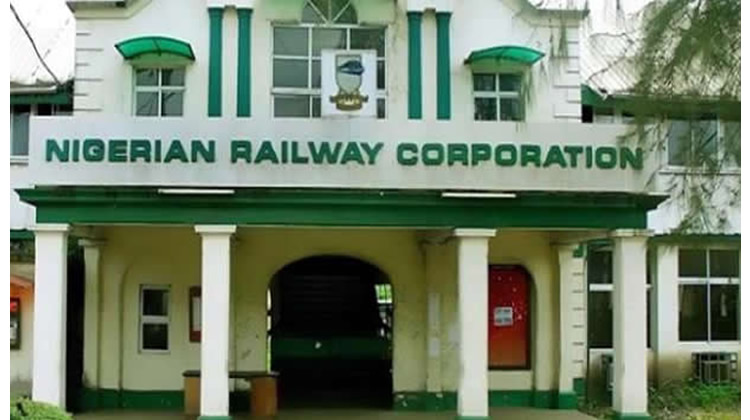The Nigerian Railway Corporation (NRC) has announced the suspension of train services along the Port Harcourt–Aba corridor, effective immediately until September 9, 2025. The official reason cited for this prolonged suspension is “routine maintenance,” a justification that has been met with skepticism and concern from the public, especially given the recent history of incidents and operational challenges within the NRC. The affected route is a vital transportation artery for traders and low-income travelers traversing the South-East and South-South regions of Nigeria, and its closure will undoubtedly cause significant disruption. The sudden nature of the announcement, coupled with the extended duration of the suspension, has fueled speculation that the NRC may be grappling with more serious underlying issues related to safety and operational capacity than they are publicly acknowledging. This suspicion is further amplified by the lack of specific details regarding the nature of the maintenance work to be undertaken.
The suspension of the Port Harcourt–Aba line comes at a time when the NRC is already facing intense scrutiny following a recent train derailment on the Kaduna-bound route. This incident, which initially resulted in reported injuries to seven passengers, later saw the NRC revise the figure to twenty injured individuals, further eroding public trust in the corporation’s transparency and accuracy. While the NRC, in conjunction with the Nigerian Safety Investigation Bureau and other agencies, has initiated an investigation into the derailment, the incident has cast a long shadow over the perceived safety and reliability of the Nigerian rail system. The repeated occurrences of operational disruptions and safety concerns have sparked widespread calls for a comprehensive audit of the NRC’s operations and a thorough assessment of the overall condition of the country’s rail infrastructure.
The Port Harcourt–Aba line has experienced a surge in passenger traffic in recent months, driven primarily by the escalating costs of road transportation and the pervasive insecurity plaguing the region’s highways. This increased reliance on rail travel underscores the significant impact the suspension will have on commuters and businesses that depend on this affordable and relatively safe mode of transport. The alternative of returning to road travel exposes passengers to the very risks they sought to avoid by opting for the train – higher costs and the potential for encountering criminal activity on the highways. The prolonged suspension will undoubtedly exert economic pressure on the affected regions, disrupting trade and hindering the movement of goods and people.
The NRC’s handling of the situation, particularly the lack of detailed information regarding the maintenance work and the extended timeline for the suspension, has exacerbated public distrust. The absence of clear communication and transparency has created fertile ground for speculation and rumors, further undermining confidence in the NRC’s competence and commitment to passenger safety. The vague explanation of “routine maintenance” leaves many questions unanswered, including the specific nature of the work being undertaken, the justification for such a protracted suspension, and the measures being taken to mitigate the impact on affected communities. The NRC’s response has been perceived as inadequate and dismissive of the concerns of the public, who rely on the rail system for essential transportation.
The repeated incidents and service disruptions within the NRC have raised serious concerns about the overall state of Nigeria’s rail infrastructure and the corporation’s capacity to manage and maintain it effectively. The Kaduna derailment and the subsequent suspension of the Port Harcourt–Aba line highlight the urgent need for a comprehensive review of safety protocols, maintenance procedures, and operational practices within the NRC. The lack of transparency and the seemingly reactive approach to addressing these issues have fueled public skepticism and eroded confidence in the rail system as a safe and reliable mode of transportation.
The calls for a full audit of the NRC’s operations are gaining momentum, with many Nigerians demanding greater accountability and transparency from the corporation. The audit should encompass a thorough assessment of the condition of the rail infrastructure, the effectiveness of safety protocols, the adequacy of maintenance procedures, and the overall management and operational capacity of the NRC. Furthermore, the audit should include a review of the NRC’s communication strategies and its responsiveness to public concerns. Restoring public trust in the Nigerian rail system requires not only addressing the immediate operational challenges but also implementing long-term solutions that prioritize safety, transparency, and accountability. The NRC must demonstrate a commitment to providing a safe and reliable service that meets the needs of the Nigerian people.














